Westminster has always been run more by convention than by rulebook. Prime ministers are seldom forced out: they are persuaded that their position is unsustainable and they walk. Margaret Thatcher quit before facing a final vote. Tony Blair chose resignation in preference to an uprising led by Gordon Brown. Theresa May was technically safe from any leadership challenge when she resigned. After Remain lost the EU referendum, David Cameron decided to go quietly rather than face a warring party.
But Boris Johnson is not a creature of Westminster. He did not rise through its ranks, he built no tribe and he is more given to issuing edicts than winning people over. In the same way, he believes he can be vulnerable if he follows convention – something he has always tried to avoid doing.
Both Johnson’s chancellor and health secretary have now resigned, followed by a string of more junior politicians, both members of the 2019 Red Wall intake and One Nation Tories concerned about the threat from the Liberal Democrats. Last month Johnson led the party to the biggest by-election defeat in its history and only narrowly survived a confidence vote of his own MPs.
Johnson’s character, once his greatest asset, is now viewed by many in the party as his biggest problem. His denials over the Chris Pincher affair were the final straw. ‘It’s done, he’s a dead man walking,’ says a former minister. ‘This is just like the Catholic church moving a bad priest from place to place,’ says a serving minister. ‘I can’t be part of this.’
Nevertheless, the bulk of the cabinet has decided to stay – and this is why both the Prime Minister and his No. 10 team are digging in rather than packing their bags. ‘You’ll have to get a JCB to get him out of there,’ says one minister, who has backed him from early on. ‘He is not a conventional politician, so will not respond to conventional notions of decency,’ says another who has long served beside him in the cabinet. ‘It’s not about what’s good for the party or the country – it’s just about him.’
The one thing Johnson’s remaining supporters can agree on is that he will not leave No. 10 of his own volition. ‘Nearly 14 million people voted for him, he has a duty to stay,’ insists a senior No. 10 figure. On Tuesday evening, Johnson was asked by a colleague whether he’d consider resigning. His reply: ‘Fuck that.’
Some even think Johnson would go as far as to call a general election. However, such a move is likened by one minister to ‘suicide’ based on current polling and would inevitably lead to more resignations. It doesn’t help that Johnson would be on course to lose his own seat. One senior Tory says that if he tried to call an election, Conservative MPs (a third of whom would be likely to similarly lose their seats) would quickly rise up and have him replaced before he arrived at Buckingham Palace to ask the Queen to dissolve parliament.
While one of the rebels predicts Johnson will be out ‘within days if not hours’ (requiring a leadership rule change or a resignation), a former government minister who knows the Prime Minister better is more downbeat. ‘He will be here throughout the summer, perhaps longer, because he knows they don’t have the numbers or the tools to get rid of him.’ Another minister says that if the PM makes it to the summer recess, in under a fortnight’s time, he’ll be safe. ‘He’ll have time to regroup. I’m struck by how the polling isn’t so bad. If the rebels change the rules and act sooner, they will release poison into the party’ – warning that if the rebels succeed, any future leader would face parliamentary resistance from the loyalists.
The swift cabinet appointments of Nadhim Zahawi as Chancellor and Steve Barclay as Health Secretary were intended as a sign of stabilisation. ‘Barclay is a massive upgrade of health secretary – he is formidable and statistic focused,’ says a Johnson ally. ‘It was a tough night but ultimately uplifting – it’s an improvement.’ But Barclay is also fiscally very dry and wary of what he regarded – in the Treasury – as the NHS becoming a black hole into which money is poured and never seen again.
The most significant appointment when it comes to Johnson’s future – perhaps the man who can do most to shore up the Prime Minister – is Zahawi. By backing Johnson, for now, Zahawi has helped him but also augmented his own claim to the top job.
Can the new Chancellor deliver the plan for growth and the tax cuts that Sunak refused to? Addressing loyalist MPs privately on Tuesday evening, Johnson came close to making this remit public, saying that tax cuts would be easier now Sunak was out of the picture. In Downing Street, Johnson asked Zahawi: ‘Do you actually want the job?’ Zahawi replied that it was the most challenging, rewarding and exciting position there was and suggested that he would bring to the Treasury the efficiency and clarity he showed over the vaccine rollout.
Should Johnson cling on, moves are under way for him and Zahawi to hit the ground running with a new plan for economic growth. No. 10 has been considering the return of Covid-style press conferences, this time on the economy. Sunak and his aides were sceptical of the idea; Zahawi – a politician who credits evidence and data for the success of the vaccine rollout – is believed to be more receptive. Downing Street plans more new appointments before MPs head home for the summer recess; in particular, the party still needs to replace Oliver Dowden as chairman.
Johnson’s team may be full of fighting talk but if ministerial resignations continue, he won’t be able to push his government’s legislative plans through. What’s more, they won’t be given sufficient attention. ‘He’s living by the hour – it’s all about propping him up rather than getting things done,’ says one government aide.
‘It’s so depressing – it’s very messy,’ says a senior Tory. In the middle of such uncertainty there is, perhaps, only one prediction that can be made with any confidence: things are about to get messier still.
Got something to add? Join the discussion and comment below.
Get 10 issues for just $10
Subscribe to The Spectator Australia today for the next 10 magazine issues, plus full online access, for just $10.
You might disagree with half of it, but you’ll enjoy reading all of it. Try your first month for free, then just $2 a week for the remainder of your first year.


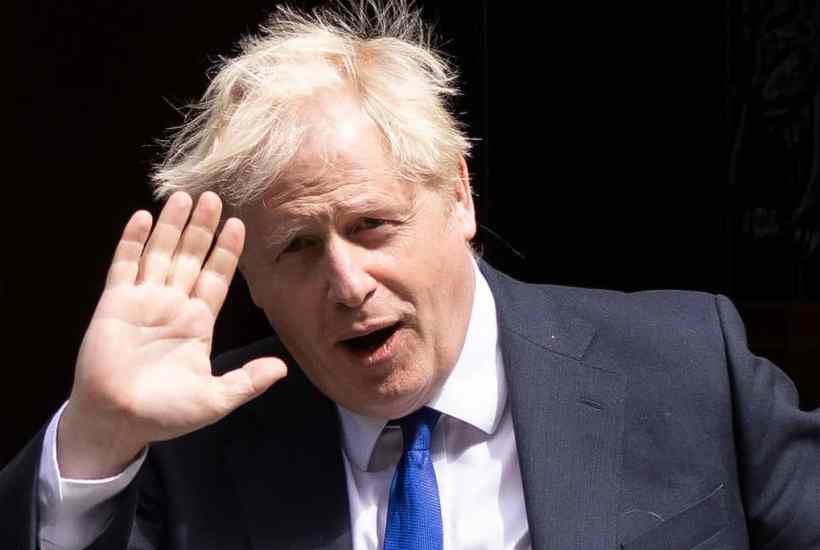
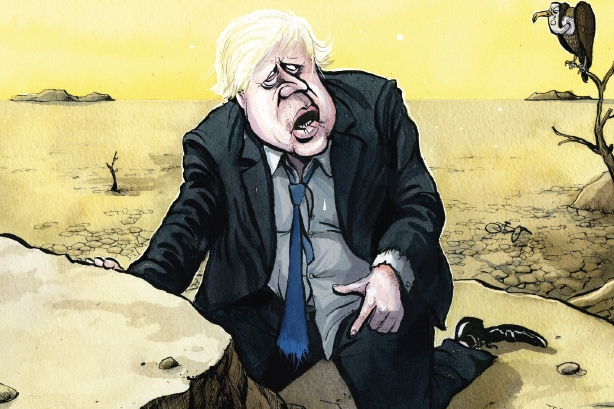
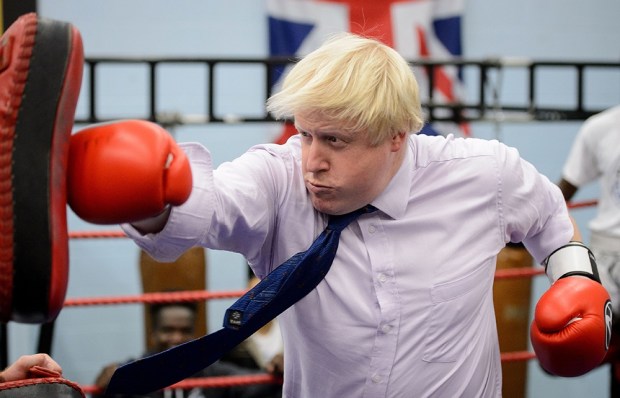

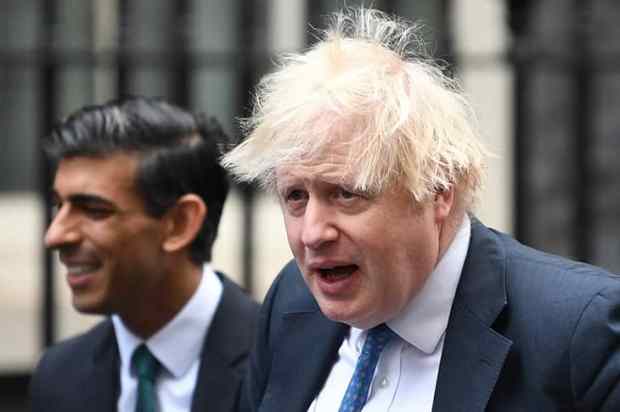
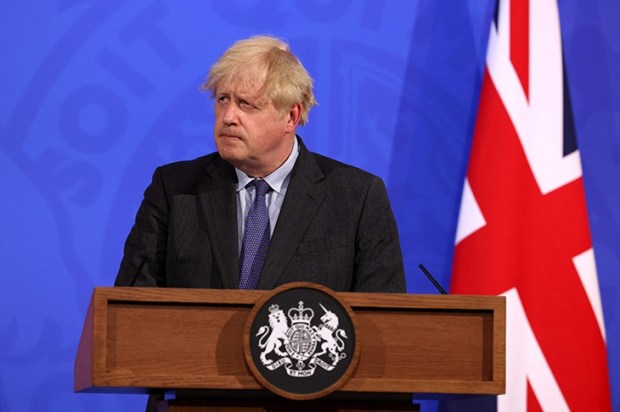
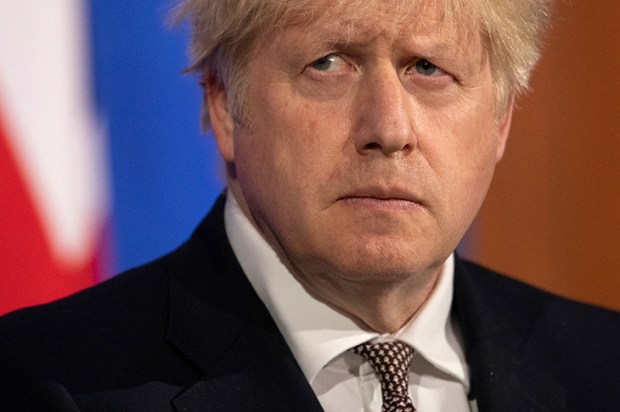






Comments
Don't miss out
Join the conversation with other Spectator Australia readers. Subscribe to leave a comment.
SUBSCRIBEAlready a subscriber? Log in